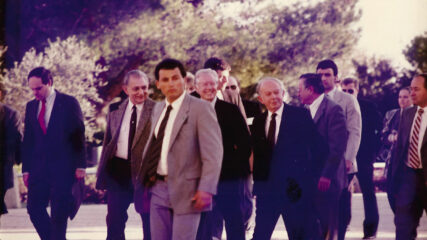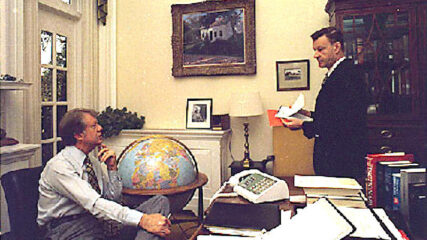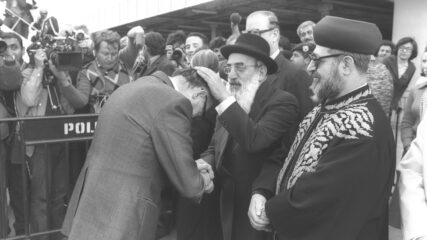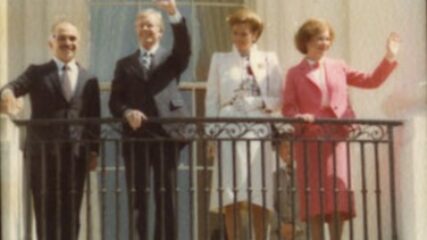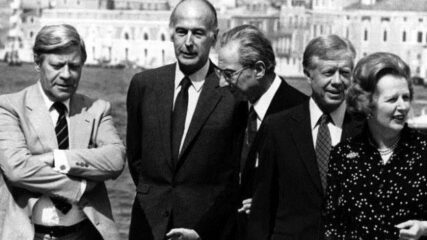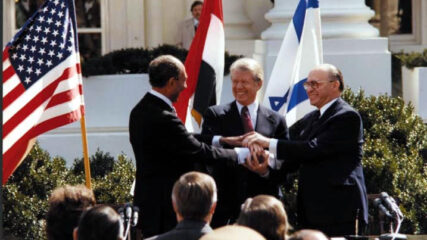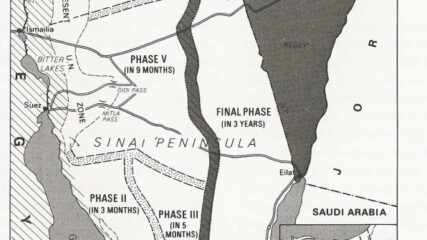Bar-On: Ken Stein Interviews With Hanan Bar-On, Jerusalem, IsraelCIE+
In the 1975-1979 period, Hanan Bar-On served in the Israeli Embassy in Washington and then for seven years as director general of the Foreign Ministry. His insights highlight the building strain that evolved between Jimmy Carter and Menachem Begin. From an Israeli viewpoint, he recalls how unpredictable Zbigniew Brzezinski behaved toward the Israelis, how flexible Moshe Dayan was in seeking compromises, and how the Leeds Castle foreign minister talks in England in July 1978 established the contours for the successful Camp David negotiations two months later. He sheds important light on the context of the four Egyptian-Israeli agreements: Sinai I (1974), Sinai II (1975), the Camp David Accords (1978) and the Egyptian-Israeli Peace Treaty (1979).







